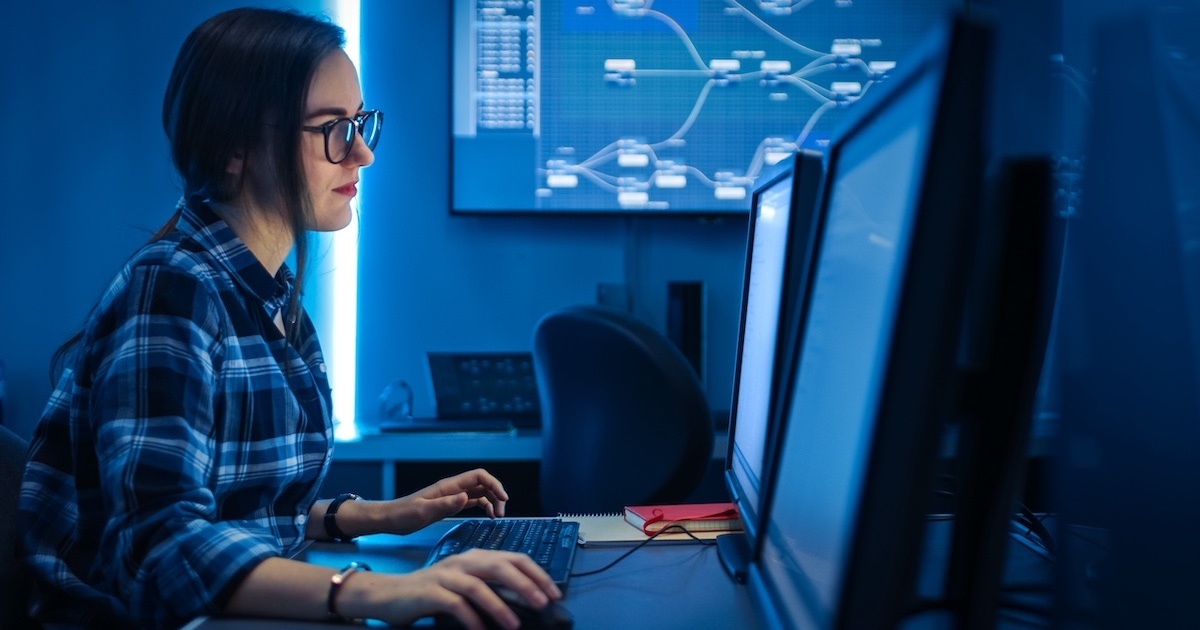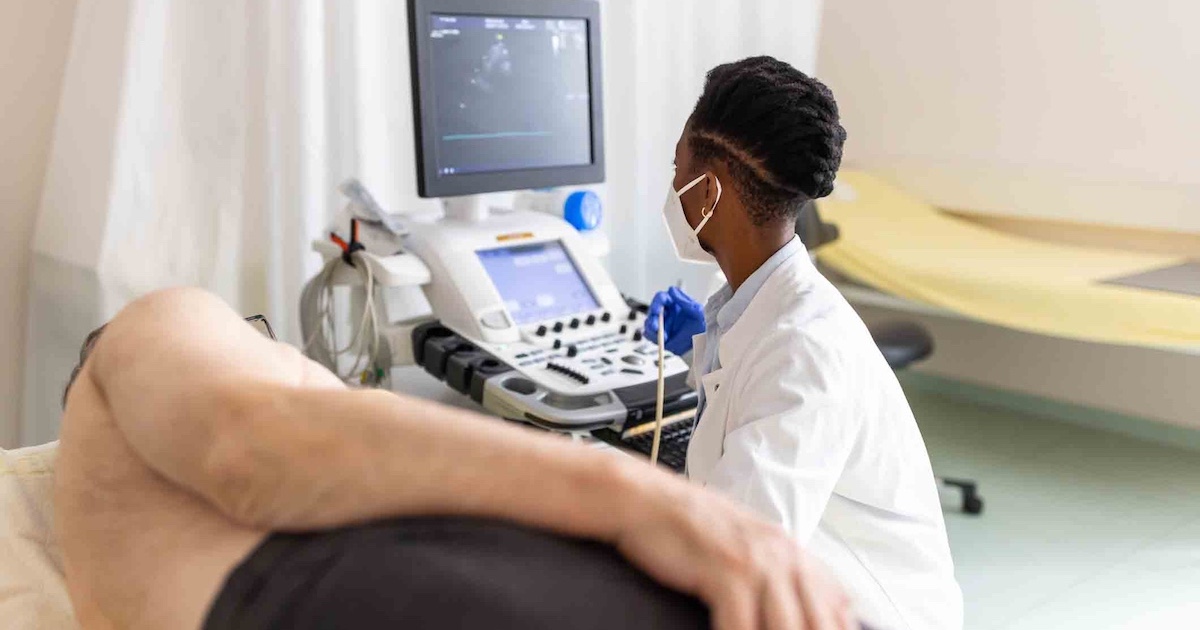Not all seniors are tech-savvy. In fact, for a significant part of that population, the less complicated, the better.
Riding in on the wave of mHealth solutions for seniors is VideoCare, a Menlo Park, Calif.-based startup that aims to take the technology out of the hands of the seniors and give them a touchscreen that enables them to make video phone calls, share photos and videos, listen to music and answer basic lifestyle and healthcare questions posed by family member of caregivers.
"They get a very simplified view of things, and that becomes a platform for the delivery of other services," said David Trescot, the company's CEO and co-founder, who estimates there are 17 million seniors in the United States alone who don't have either a smartphone or a computer. "This is a communication platform and a data-gathering platform for the senior."
"It's not that they need 24/7 care but that they need somebody to check in with them," he added.
Launched last November, VideoCare targets a growing senior population that isn't keen on moving in with the family or a full-care residential facility. The company has more than 100 units in service now, and recently signed a contract to install its monitors in a 100-unit facility. Set up to operate through the most basic touchscreen computer, the service is offered as a means to keep stay-at-home seniors in touch with family members and caregivers and to give assisted-living communities an easy and quick link to their tenants.
The company's cloud-based system is designed to enable family members and caregivers to log in from their locations and remotely manage the senior's computer, enabling the senior to simply push a button to answer an e-mail, converse by video, look at photos or listen to music.
Trescot said the VideoCare system may evolve in time to include games and connectivity to devices, but its focus at present is on giving the senior a simple communications platform that replaces the $150-a-day visit from a nurse or the constant phone calls to make sure someone is taking his or her medications.
"We're starting from the premise that we want the senior engaged rather than as a data point," he said. "Our focus is on social connectivity, and that's certainly a part of medical health."


